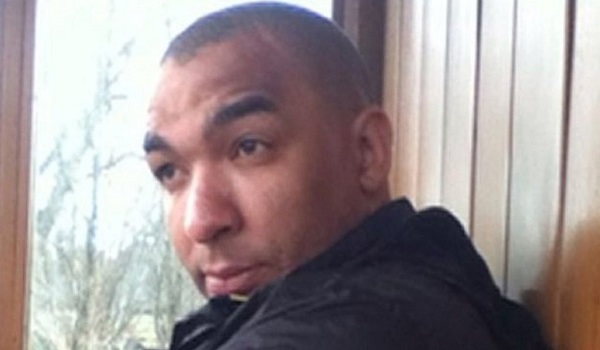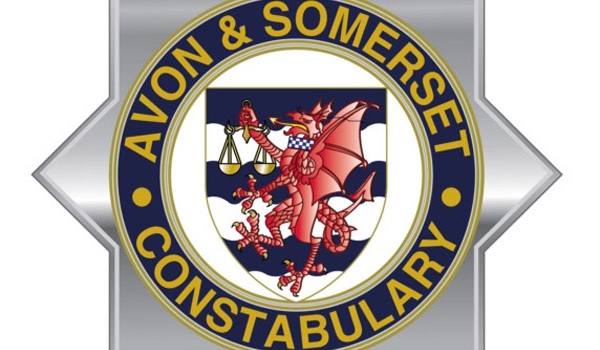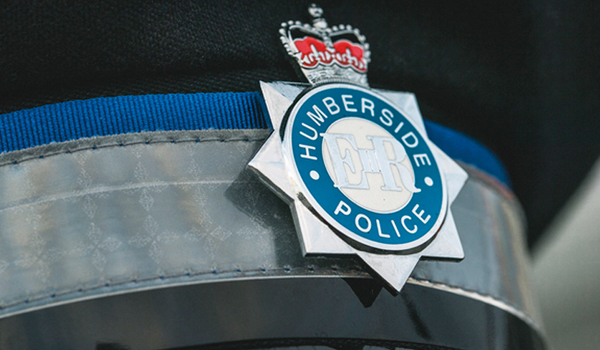Police restraint training remains ‘insufficient’
Police restraint training is still dangerously inadequate eight years after a father-of-two’s death exposed the issue, a coroner has said.
Leon Briggs died on November 4 2013 after being detained under the Mental Health Act and restrained face-down by Bedfordshire Police officers in a manner which an inquest jury found “more than minimally contributed to his death”.
The medical cause of the 39-year-old’s death was found to be amphetamine intoxication in association with prone restraint and prolonged struggling, with a secondary factor of ischaemic heart disease.
Senior coroner at Bedfordshire and Luton Coroner Service Emma Whitting said more people could die because of “insufficient” national guidance for police and paramedics on caring for patients detained under the Mental Health Act.
Ms Whitting said in her Report To Prevent Future Deaths: “It was clear from the evidence heard at the inquest that there remains insufficient or inadequate instruction of both police and ambulance crew about the critical issues of recognising and responding to a medical emergency and the effects of restraint including positional asphyxia. In my opinion there is a risk that future deaths will occur unless action is taken.”
Ms Whitting said emergency services workers need to be clearly instructed and trained to undertake a risk assessment of mental health patients to ensure they are taken to hospital if needed.
Mental Health Crisis Concordat Strategic Group (MHCCC) policymakers should engage with safety experts to reform the Section 136 Multi-Agency Policy, the report said.
Ms Whitting added that Mr Briggs’ death was also precipitated by the fact that officers failed to react quickly when he became unresponsive in the cell.
Summing up expert advice given at the inquest, she said: “Even if action only had been taken at the point that Leon had become unconscious, the relatively simple steps of placing him in the recovery position in the cell and starting CPR whilst awaiting emergency help, on the balance of probabilities, would have resulted in his survival. It seems critical that the close monitoring of a detainee who has been subject to restraint should be guaranteed in all cases.”
Mr Briggs had taken amphetamines and was suffering a mental health crisis when paramedics attended him in Marsh Road in Luton and police used handcuffs and leg restraints to detain him.
Prior to the inquest into his death this year, the East of England Ambulance Service NHS Trust (Eeast) paramedics involved admitted their failure to check Mr Briggs’ vital signs or take him to hospital in an ambulance for medical treatment.
The inquest jury of 10 also found that, although police officers did “reasonably believe” it was appropriate to use force to restrain Mr Briggs while he was suffering a psychotic episode and had taken amphetamines, “inappropriate weight” was used against him “at times”.
Officers’ failure to recognise that Mr Briggs was in a state of medical emergency, and failure to monitor him in the police van and cell, also contributed to his death, the jury said.
Mr Briggs died around two hours after the restraint at Luton and Dunstable University Hospital.
Bedfordshire Police Deputy Chief Constable Trevor Rodenhurst said the force was working with partners to address issues raised at the inquest and in this report.
He added “extensive changes” have been made since 2013 and police have worked with agencies across Bedfordshire to improve their Section 136 Policy.
He said: “We have also been reviewing our mental health and custody procedures and will be discussing this at a national level to ensure all the lessons from this tragic case are learned by policing and partners across the UK.”







